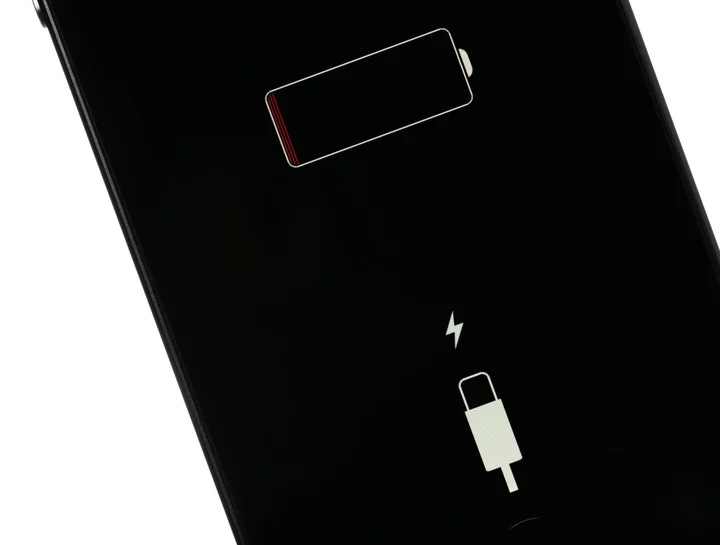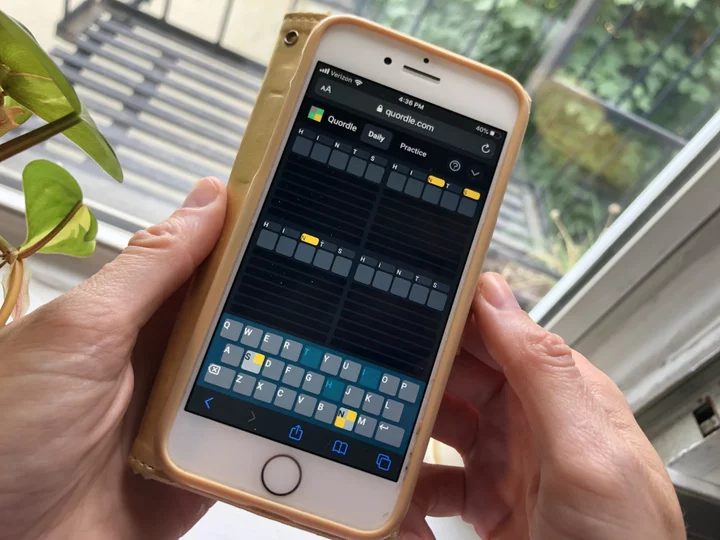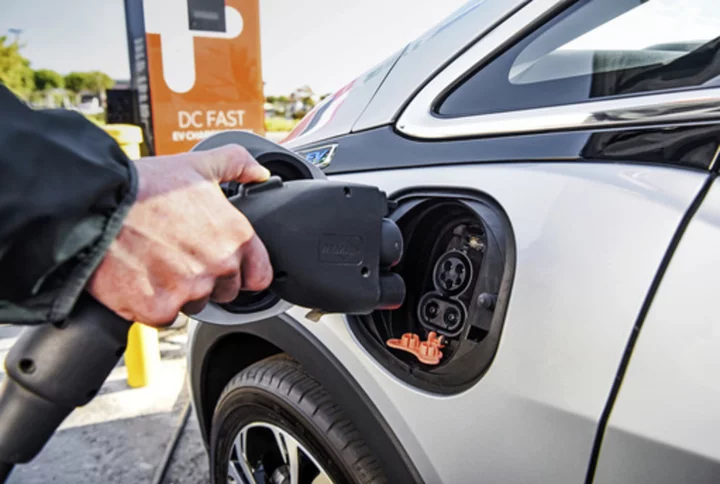The European Union is officially requiring all smartphones to have replaceable batteries by 2027.
This week, the European Council adopted the regulation designed to reduce waste and break up monopolistic practices from tech companies like Apple, Samsung, and Google that make it difficult to replace parts without having to buy a brand new phone.
SEE ALSO: Apple is looking into building a rollable iPhoneThis is a big win for the right-to-repair movement. While it only applies to the EU, the regulation has global ramifications, since it wouldn't make sense to make two different smartphones — one for Europe, one for everywhere else. Regulation will likely impact the global market, changing the design of smartphones for all users. The EU passed a regulation 2022, requiring iPhones to have a USB-C port, which will have a similar global effect.
Smartphones must be "removable and replaceable by the end-user," meaning it must be easy to replace a battery without any kind of technical expertise. Manufacturers have until 2027 to adapt the design of their smartphones in order to comply with the EU law. The regulation applies to all batteries, including those in EVs and e-bikes, in the hopes of creating a "circular economy" where waste batteries can be recycled and reused to power electronics.
The regulation includes requirements for smartphone manufacturers to collect 50 percent of lithium from waste batteries by 2027 and ramps up to 80 percent by 2031. Manufacturers will also be required to label batteries with its internal components, amount of recycled material, and a QR code. So within five years, you'll finally be able to replace your battery, hassle free.









